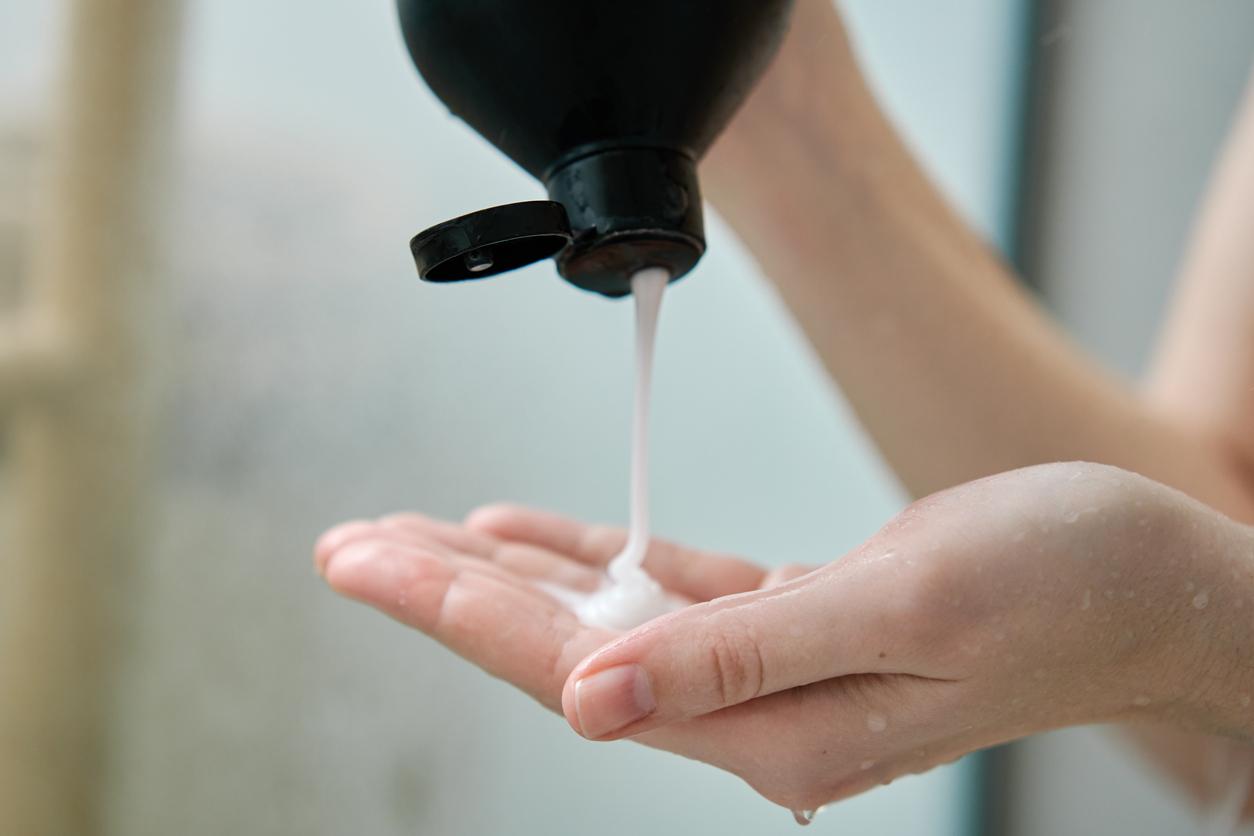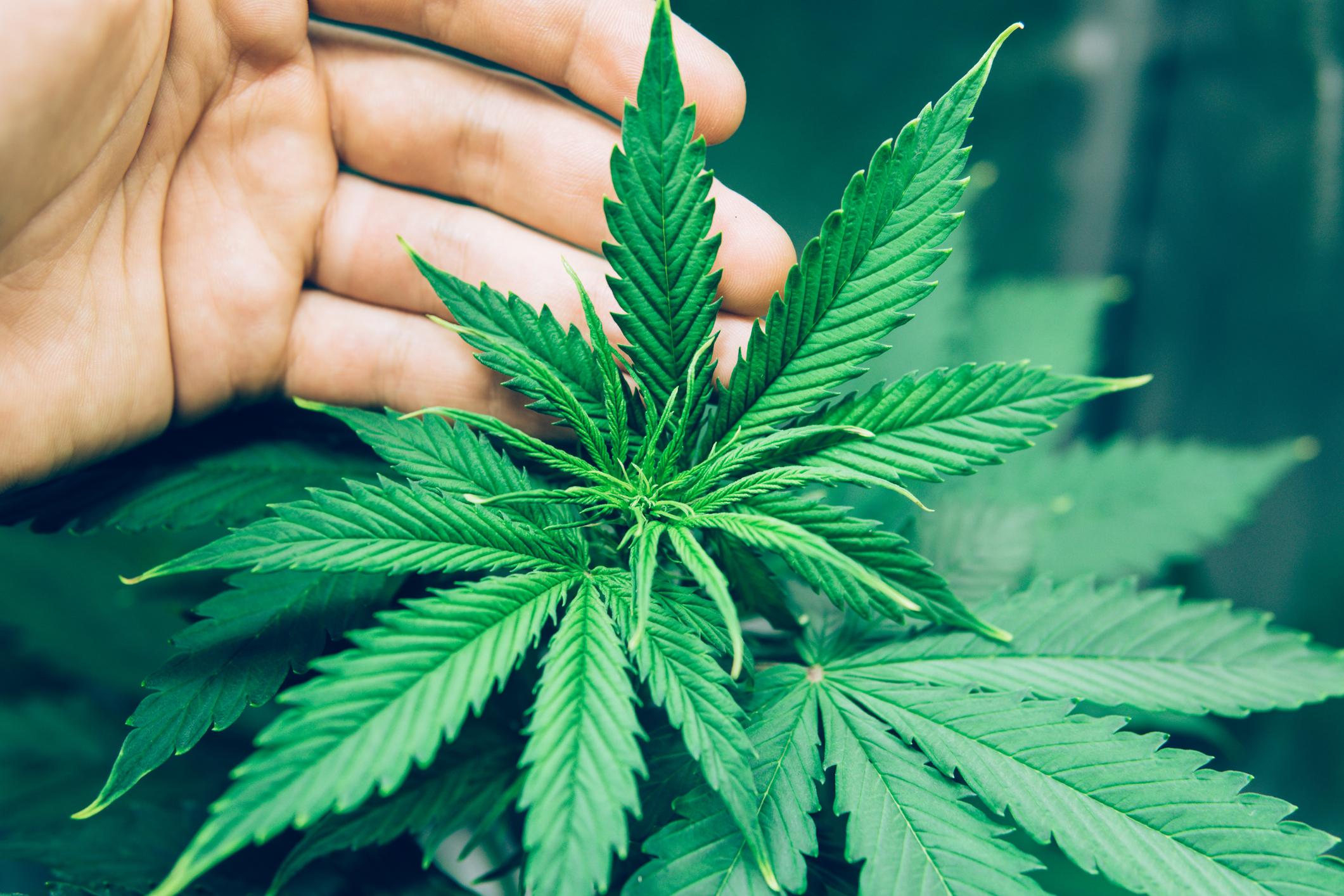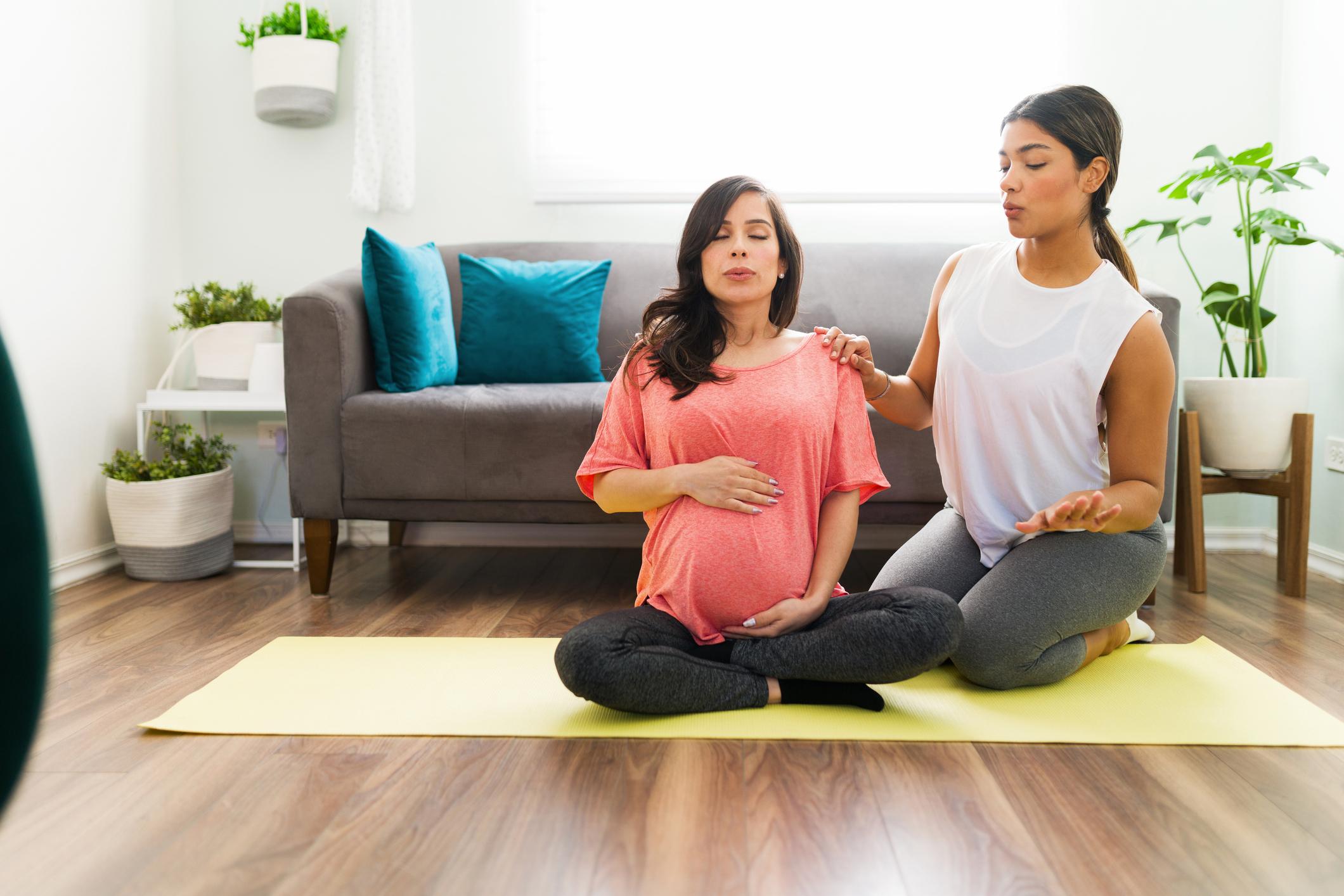In her documentary “Homecoming” released on April 17 on Netflix, Beyoncé recounts having suffered from pre-eclampsia when she was expecting her twins in 2017 and had to give birth by cesarean section.

“My body has gone through more than I thought it could.” In Beyoncé’s documentary Homecoming released on April 18 on Netflix which traces his masterful concert at Coachella in 2018 and behind the scenes, the diva looks back on the months that followed the show. Because at this time, she has just given birth to her twins, Sir and Rumi, and is trying to recover from a particularly difficult pregnancy.
As she prepares for the 2017 edition of the Coachella festival in California, Queen B, then already mother of little Blue Ivy, realizes that she is pregnant, which was not expected. “And it turned out to be twins, which was quite a surprise,” she says in her documentary. A surprise that proved to be particularly difficult to manage, in particular because of pre-eclampsia (high blood pressure which most often appears in the second half of pregnancy) which led Beyoncé to cancel her concert.
“My body went through more than I thought it could. I weighed 99 kg the day I gave birth. The pregnancy was very difficult. I had high blood pressure, I had toxemia, pre- eclampsia and in utero, the heart of one of my babies stopped several times. So I had to undergo an emergency caesarean”, details the diva.
A draconian diet to get back in shape
In July 2017, Sir and Rumi Carter were born. Together with their mother, they spend several weeks in the neonatal intensive care unit. And if a few months later, the babies are off the hook, Beyoncé, she struggles to regain her legendary form. “I had to rebuild my body after the caesarean section. It took me a long time to have enough confidence in myself to move it again,” she confides.
A few months before his concert for the 2018 edition of Coachella, “there were days when I thought that I would never be the same again, that my strength and my endurance would never be what they were. You know , a lot of the choreography is about feeling, it’s not very technical. It’s your own personality that brings it to life and it’s hard when you don’t feel like yourself.” Despite everything, “I wanted to be able to do SoulCycle (indoor cycling company, editor’s note), rehearse and take the stairs in the same day”, says Beyoncé who then struggles to reconcile this pressure with her life as a young mom. “My body wasn’t connected – my mind wasn’t there. My mind wanted to be with my kids,” she explains.
But the singer does not let go and imposes a draconian diet in parallel. “I stopped eating bread, carbohydrate foods, milk, meat, fish and alcohol,” she explains, remembering being very hungry.
And all these efforts pay off since on April 14, 2018, Queen B goes back on stage for a triumphal concert at Coachella. In front of 100,000 bewildered people, the singer connects choreographies crazier than each other and spectacular changes of outfits, as her documentary recounts today Homecoming: A Film by Beyoncé.
Kim Kardashian and 40,000 French women with pre-eclampsia each year
Beyoncé Knowles isn’t the first celebrity to publicly discuss a difficult pregnancy. In 2013, during her first pregnancy, reality TV star Kim Kardashian regularly complained about various unsightly and nasty swellings on social media. Then, while she was pregnant with her second child, the starlet announced that she was a victim of pre-eclampsia in the media. Just like Beyoncé, she therefore had to give birth by caesarean section.
Later, when Kim wanted a baby again, doctors strongly advised her against it. She then attempted an operation to remove scar tissue from her uterus, to no avail. “After everything I’ve been through, the operation wasn’t successful. It didn’t change anything. I can’t have other children. It’s the worst (…). I can’t go further in the process. I give up…”, had then explained the wife of Kanye West in the press before turning to a surrogate mother for her third child.
In France, 40,000 women suffer from pre-eclampsia each year. According to Inserm, this pathology, which is accompanied by an increase in the quantity of proteins present in the urine, therefore concerns 5% of pregnancies. If in most cases, a follow-up makes it possible to avoid serious complications, once out of ten a severe form occurs. The only way to save the mother is then to extract the fetus and its placenta, whether it is viable or not. Thus, in France, pre-eclampsia is currently responsible for a third of very premature births and remains the second leading cause of maternal death (about 20 deaths per year), after hemorrhage during delivery.

Watch the trailer for Beyoncé’s documentary below:
.

















